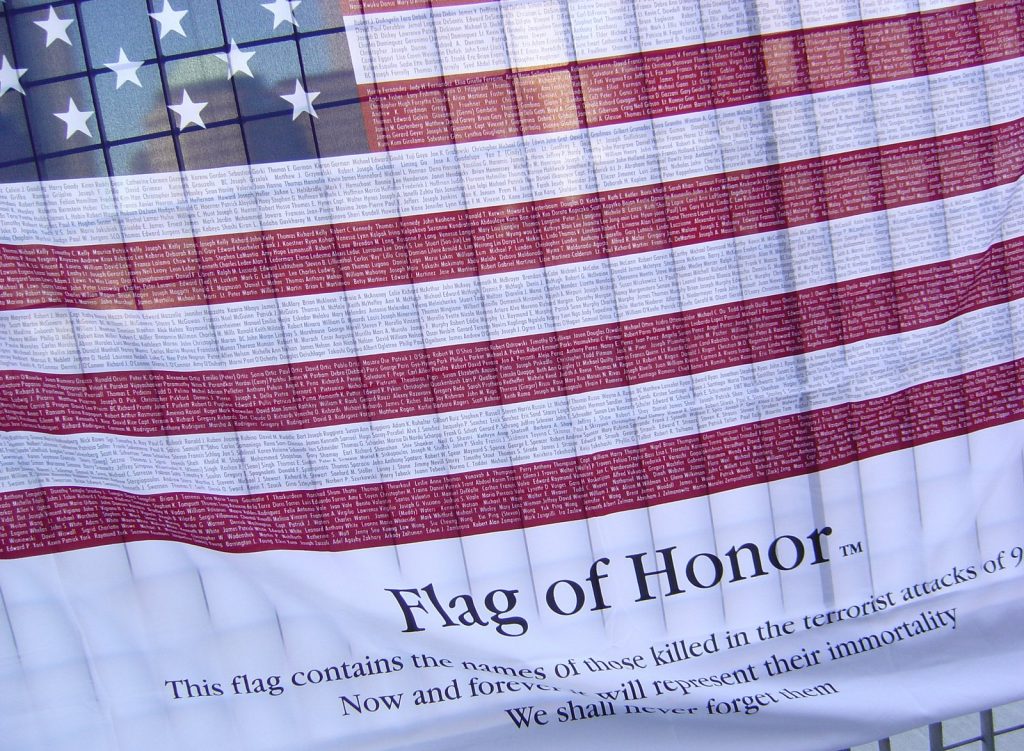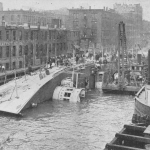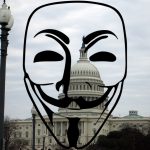
“Did you open your eyes, hope it never happened
Close your eyes and not go to sleep?
Did you notice the sunset the first time in ages
Or speak to some stranger on the street?
Did you lay down at night and think of tomorrow
Or go out and buy you a gun?
Did you turn off that violent old movie you’re watchin’
And turn on ‘I Love Lucy’ reruns?”
– “Where Were You (When the World Stopped Turning)” by Alan Jackson
Stories are incredibly important, and we are surrounded by them every day. If there’s one story in Boston culture I’m already great at sharing, it’s hating New York. For everything I could complain about in Boston, it’s ten times worse in New York City. It is way too crowded, filled with traffic, even more expensive, and has higher taxes, outrageous tolls, and draconian gun laws. And, of course, the Yankees suck. As a Minnesotan, I do not know if New York could ever replace Chicago, but it is certainly up there. Sharing in these stories is a great way to bond with the locals.
And just like Bostonians, there has been one day out of the year for the past 17 years that I do not hate New York – that I tell a different story. Sometimes it seems everyone else, aside from New York itself, has moved on with their lives. They have forgotten. But Bostonians and I, we cannot – will not – forget. No one messes with New York except for us.
While it makes sense that Boston cares about its rival, it may seem strange that a random Midwestern girl with no ties to New York is so preoccupied with September 11th. I’ve always attributed it to my patriotism, but now I do not believe that is entirely accurate. And, really, what I cannot forget is 9/12 – the day after the terrorist attacks. Because, if only for one day, we came together as a people and fulfilled the ideals of our country. We were more American than we had been in a long time.
Do you remember? Where were you?
I was ten-years-old and in fifth grade. My parents never watched the news in the morning, so I did not find out what happened until I arrived at school. I remember feeling confused as I entered a classroom buzzing with chatter about a plane crash. I did not understand why everyone seemed to think it was such a big deal. Sure, a plan crash was tragic, but accidents sometimes happened, right? Then our teacher gathered us together and explained. It was not an accident. We had been attacked.
I cannot remember the first time I watched the attacks on television. It may have been in school, or it may have been at home with my family. But I do remember the emotions I felt. Shock and horror that something like this could happen to America. A startling realization that my world was not perfect. This may have very well been the start of my transition from seeing America in an idealized light to dedicating myself to fight for those ideals.
I remember the way Americans came together in their grief and rose to help each other. Flags flew off the shelves, and everyone felt proud to be American. We gave blood or helped in some other way. We were kinder to our neighbors. We remembered that we were all human and that we are stronger together. We stopped fighting about politics and religion. Those things still mattered, but they did not need to divide us indefinitely. We were all proud of the heroes who risked their lives to save others. We told their stories. We all vowed to never forget.
My senior year of high school, my special mentorship program assigned us the task of creating artistic project somehow related to our chosen field who hoped to pursue, which for me was politics. At the time, I was into creating slide show videos set to music. For this project, I placed photos from 9/11 to the song “Where Were You (When the World Stopped Turning)” by Alan Jackson. And at the end, I lamented the loss of unity we felt as Americans after the attacks. I warned that we were more divided than ever, and we needed to remember the lessons from that day. My fellow students were moved as I shared my story. That was in 2008. 10 years later, we are even worse off.
Our stories are more and more about our outrage at what the other side has done. We feel vindicated in our anger and polarize the other side. But it does not have to be this way. We choose the stories we tell. Our reaction to 9/11 shows that we still have more that unites us than divides us. When tragedy strikes, we forget about politics and care about people as human beings. Our civil discourse would be more effective if we continued to see each other this way. When we assume the worst of our political opponent, it shuts down discussion. There is nowhere to go except for one side to win. We forget that, for the most part, both sides want the best for the country but disagree about how to get there. We may never agree, but a solution to this problem will only come if we’re thinking calmly and rationally.
In a way, the anger and hatred we have cultivated towards each other gives me some hope that it is not too late for us to come together and save our country. Hatred is not the opposite of love, indifference is. Marriage counselors know that when a couple is actively hating each other, there is still hope for that marriage. It is when both partners get beyond that point and become indifferent to each other that it becomes extremely difficult to save the marriage. Hatred and anger are emotions that can be worked through and turned into something positive. The stories can be spun on their heads. But what do you do when someone does not feel anything at all? People who claim to hate each other still care about the other person. If they didn’t, why would they bother wasting any energy at all on them?
Some people despair that we now treat political parties as if they were sports teams. I agree we should not blindly follow a party like it is our favorite team, but there is another side to that story. Republicans and Democrats are certainly rivals, and like any good sports rivalry, having an opponent like that can compel both sides to perform at their best. This is most evident in the players – and politicians – but some of it applies to the fans – of both teams and parties. I enjoy a good rivalry because it can be fun and energizing. Before moving to Boston, I was a Green Bay Packers fan in Minnesota Vikings territory, and I had a blast. Some fans will take it way too seriously, but for the most part, there is deep respect between the fans of the two teams.
“The Yankees suck” is a great conversation starter in Boston, but do you honestly think Red Sox fans wished the Yankees were disbanded or that their fans would leave them? And what about the other way around? Can two teams spend so much time and energy on each other and not care about the other? They are united in their opposition to each other and also in their love for the game of baseball. The same came be said of Democrats and Republicans. At least our opponents care enough about the state of the country to choose a side – even if we believe it to be the wrong side.
September11th is not the only example of Americans coming together in the midst of tragedy. Just look at how everyone rallied to help Houston, Texas during the hurricane last year. And after the Boston Bombings, New York Yankees fans showed support for the victims. Of course, sometimes we do turn to politics first following a tragedy, such as after school shootings. Much of this is edged on by the media. But we do not need to follow their lead. We can make a deliberate choice to postpone talk of policy and instead show compassion to the victims and come together to support each other and share stories of courage and hope.
A shift in perspective can offer new solutions to old problems. It is the stories we tell that can enrage and divide us or lift us up and unite us. We may win or lose either way, but I believe it is better to choose the path most in line with our morals and values. Let us give each other the benefit of the doubt and see everyone as a potential ally. Even if we can never fully agree, at least our political discourse may challenge us to find innovative solutions.
Never forget September 11th. Remember the stories of courage and sacrifice. Know that we need each other. After all, the Yankees suck, but the world would suck more without them.
“I’m just a singer of simple songs
I’m not a real political man
I watch CNN, but I’m not sure I can tell you
The difference in Iraq and Iran
But I know Jesus, and I talk to God
And I remember this from when I was young
Faith, hope, and love are some good things He gave us
And the greatest is love
And the greatest is love
And the greatest is love
Where were you when the world stopped turning on that September day?”
– “Where Were You (When the World Stopped Turning)” by Alan Jackson



